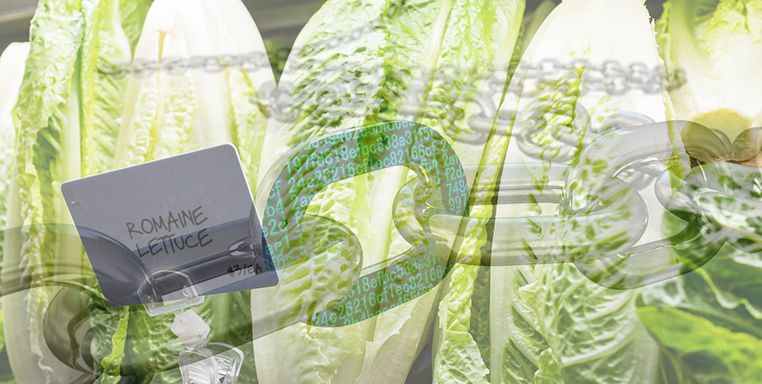
While many U.S. romaine lettuce growers and sellers are still reeling from the aftermath of an E.coli outbreak that caused a national warning Opens a New Window. days before Thanksgiving, many experts say the whole thing could have avoided using blockchain.
Brigid McDermott, vice president of IBM blockchain’s food trust unit, tells FOX Business that the company believes that the technology has the potential to transform the way the food industry works from end-to-end, from the farm all the way to the consumers.
“When it comes to food safety, blockchain enables our solution to address both costs: the human and the financial. IBM believes that the technology will lead to measurable reductions in both and we should see fewer people getting sick from the food they eat while companies will be able to run their businesses more efficiently,” McDermott says.
Why will it work?
She says the main benefits of blockchain are trust, transparency and efficiency, and when the technology is applied to the food supply chain, all the digital product information, such as farm origination details, batch numbers, factory and processing data, expiration dates, storage temperatures and shipping details, are digitally connected to food items and the information is entered into the blockchain throughout the process.
“Each piece of information provides critical data points that could quickly be used to address food safety issues,” she adds, noting that traditionally, documentation in the food supply chain has been largely manual, which can potentially lead to errors.
By automating the recording of the transaction via blockchain, everyone involved will have access to the information in real-time.
“For example, Walmart conducted a test in which they traced a package of sliced mangoes from the store shelf back to the farm. Using traditional methods, this trace took more than six days. When done using IBM Food Trust, the solution was able to identify the exact source of the fruit in 2.2 seconds. This can be the difference between both life and death and major financial losses in the case of a recall due to contamination.”
IBM has already partnered with big food suppliers such as Dole, Nestle and Walmart to help the chains better regular its food safety using its technology.
Earlier this week, supermarket giant Auchan announced it is implementing blockchain in five countries to minimize outbreaks and food frauds internationally.
On Tuesday, another massive recall Opens a New Window. was announced by the U.S. Department of Agriculture (USDA) that is pulling more than 12 million pounds of raw beef products from store shelves over salmonella concerns.
McDermott adds that while these contaminations aren’t predictable, it is still critical that we come together to create a solution that addresses the entire food ecosystem at once.
